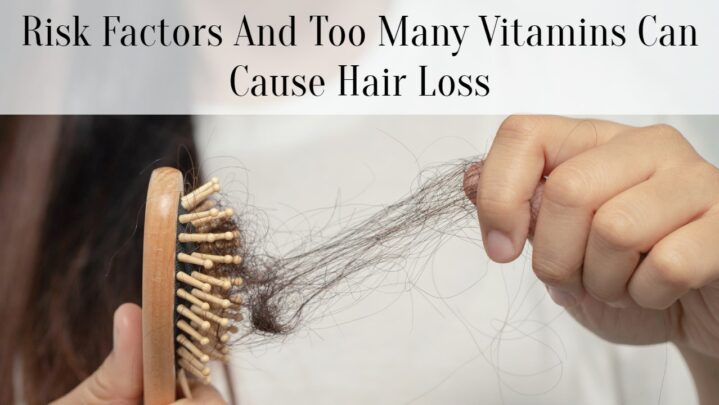Further laboratory testing to look for nutritional deficits in patients without risk factors is not necessary. It is obvious that people who have dietary inadequacies should get those deficiencies fixed. Whether there is any benefit to nutritional supplementation in the absence of a known deficiency, more investigation is needed. Patients need to be made aware that there is currently a dearth of research in this area and that certain supplements may actually cause hair loss or be poisonous.
Both the structure and the growth of hair may be impacted by nutritional deficiencies. Acute telogen effluvium (TE), a well-known result of abrupt weight loss or reduced protein consumption, and diffuse alopecia, a condition caused by niacin insufficiency, are two conditions that have an impact on hair development. Moreover, studies have suggested links between dietary deficiencies and alopecia areata, female pattern hair loss, and chronic TE.
With this established connection, dietary advice is frequently requested by individuals looking for hair loss treatment.
It’s important to stress that there are hazards associated with these supplements. Supplementation may be detrimental to hair if there is no deficiency. Selenium, Vitamin A, and Vitamin E have all been related to hair loss, as have other minerals that are over-supplemented. It is therefore unexpected that the top-selling hair supplement on Amazon.com contains both vitamin A and vitamin E [while the next contains selenium, vitamin A, and vitamin E].
Although these products contain a range of nutrients, a study of the medical literature reveals a noticeable lack of evidence in favor of their use. The majority of information regarding the role of nutrients in hair loss is based on diseases that cause nutrient deficiencies.





